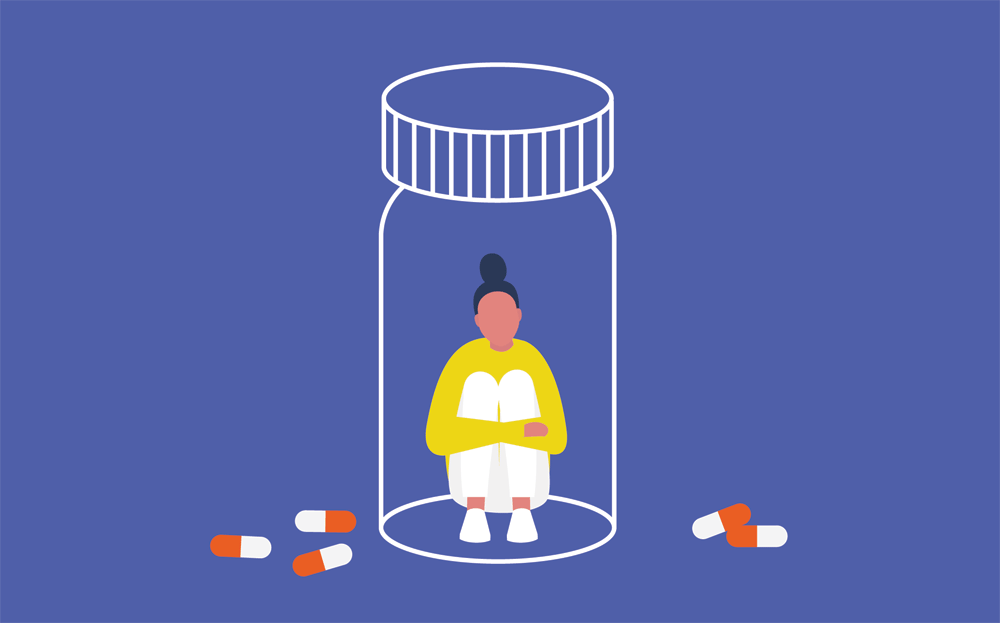- Empty cart.
- Continue Shopping
How to Recognize and Address Addictive Behaviors

Addictive behaviors can have a profound impact on individuals and their loved ones, affecting various aspects of life, including physical health, emotional well-being, and interpersonal relationships. Recognizing and addressing these behaviors is crucial for recovery and long-term wellness.
Identifying Signs of Addictive Behaviors
Physical Indicators
Physical signs are often the most noticeable indicators of addictive behavior. These may include changes in appearance, such as weight loss or gain, bloodshot eyes, or neglect of personal hygiene. Additionally, withdrawal symptoms like nausea, irritability, or insomnia can also be indicative of an underlying issue.
Emotional and Behavioral Changes
Emotional signs are equally important but can be more subtle. These may include mood swings, increased secrecy, or withdrawal from social activities. Behavioral changes like neglecting responsibilities, lying, or stealing are also red flags that should not be ignored.
Steps for Intervention
Open and Honest Communication
The first step in addressing addictive behavior is open and honest communication. Choose an appropriate time and setting to discuss your concerns without distractions. Use “I” statements to express how the behavior is affecting you and others, avoiding blame or accusations, which can make the person defensive.
Offer Support
Offer your support and encourage them to seek professional help. It’s essential to be prepared for resistance or denial. In such cases, reiterate your concern and willingness to assist them in finding the appropriate resources.
Seeking Professional Help
Consult a Specialist
If the addictive behavior persists or worsens, it may be time to consult a specialist. Addiction counselors, psychologists, and psychiatrists are trained to diagnose and treat various forms of addiction. They can provide a comprehensive treatment plan that may include therapy, medication, and lifestyle changes.
Support Groups
Support groups can also be invaluable in the recovery process. These groups offer a safe space to share experiences, learn coping strategies, and gain emotional support from others who are going through similar challenges.
Ongoing Support and Monitoring
Recovery from addictive behaviors is often a long-term process that requires ongoing support and monitoring. Regular check-ins, participation in support groups, and continued therapy can help maintain progress and prevent relapse.
Finally, recognizing and addressing addictive behaviors is a challenging but crucial step towards recovery and improved quality of life. Open communication, professional help, and ongoing support are key components of a successful intervention strategy. If you or someone you know is struggling with addictive behaviors, don’t hesitate to seek professional guidance. The journey to recovery may be long, but it is possible with the right resources and support








